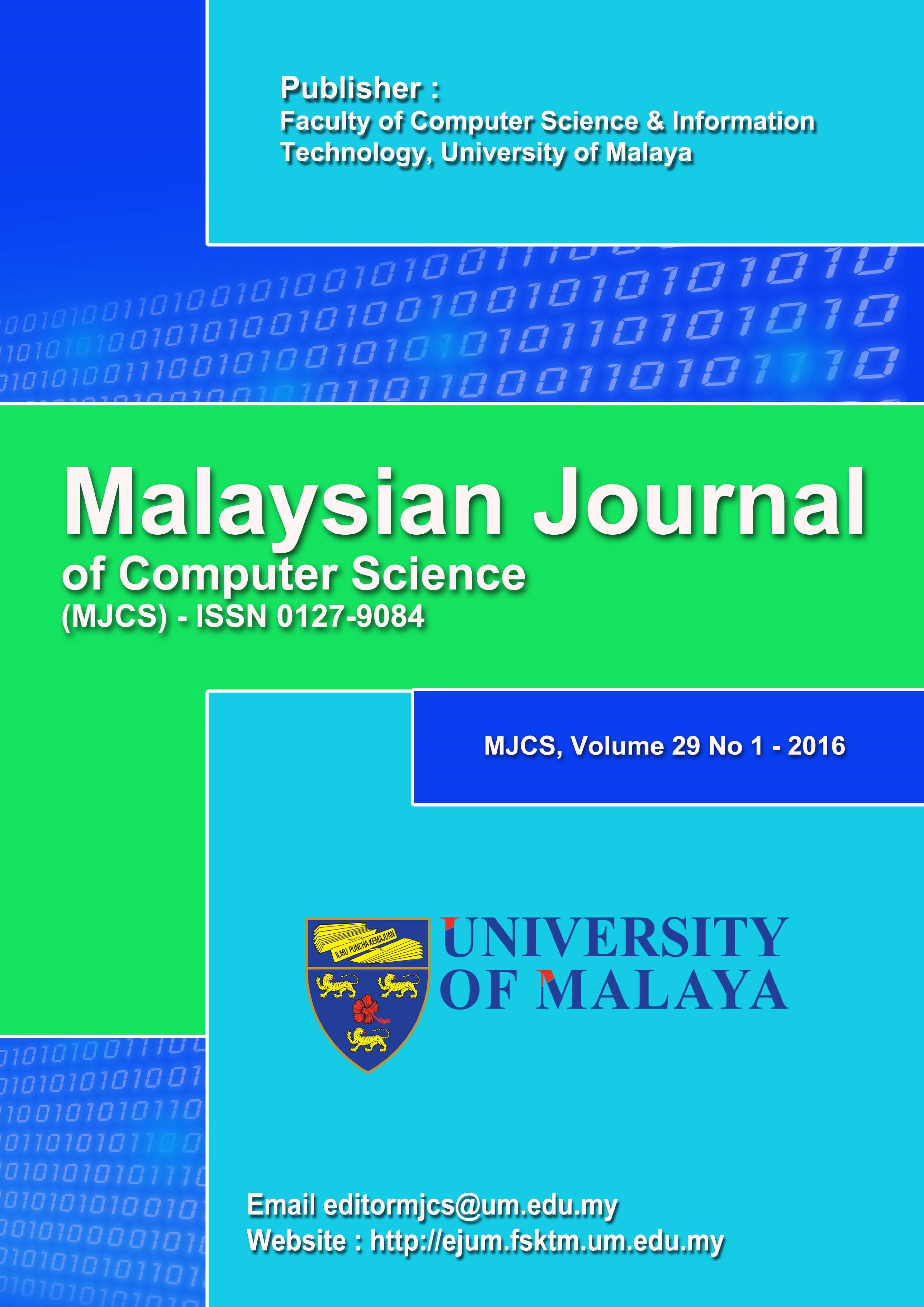SEMANTIC GRAPH KNOWLEDGE REPRESENTATION FOR AL-QURAN VERSES BASED ON WORD DEPENDENCIES
Main Article Content
Abstract
Semantic approaches present an efficient, detailed and easily understandable representation of knowledge from documents. Al-Quran contains a vast amount of knowledge that needs appropriate knowledge extraction. A semantic based approach can help in designing an efficient and explainable knowledge representation model for Al-Quran. This research aims to propose a semantic-graph knowledge representation model for verses of Al-Quran based on word dependencies. These features are used in the proposed knowledge representation model allowing the semantic graph matching to improve Al-Quran search applications' accuracy. The proposed knowledge representation model is essentially a formalism for generating a semantic graph representation of Quranic verses, which can be applied for knowledge base construction for other applications such as information retrieval system. A set of rules called Semantic Dependency Triple Rules are defined to be mapped into the semantic graph representing the verse's logic. The rules translate word dependencies and other NLP metadata into a triple form that holds logical information. The proposed model has been tested with English translation of Al-Quran on a document retrieval prototype The basic system has been enhanced with anaphoric pronouns correction, which has shown improvement in retrieval performance. The results have been compared with a closely related system and evaluated on the accuracy of the document retrieval in Precision, Recall and F-score measurements. The proposed model has achieved 65%, 60% and 62.4% for the measurements, respectively. It has also improved the overall accuracy of previous system by 43.8%.
